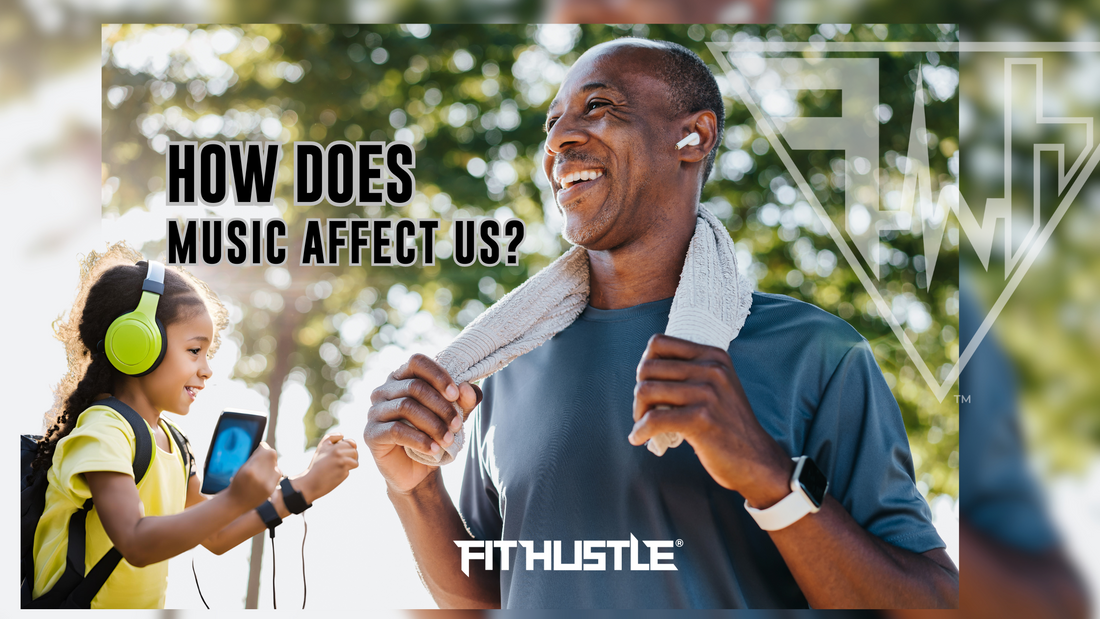
How music and physical activity can boost physical and mental wellbeing in children
Share
A world without music would be vastly different from the one we know today. As humans, we’ve been listening to melodies since the invention of language! Every culture in the world has a form of music that they connect with.
The question is – what happens when we pair this incredible invention with physical activity? Can it actually boost the performance of a child’s body and mind even further?
Let’s find out!
How does music affect us?
Music can affect us in so many ways, no matter how old we are. Here are just some of the overwhelmingly positive health benefits that listening to music can produce for children:
- Increased ability to practice self-expression
- Elevated cognitive awareness
- Improved eating habits
- Stronger memory
- Better sleep
- Enhanced literacy
What is it about music that affects children?
There are three main elements to music that can affect children.
1. The tempo
The tempo of a song can affect how a child feels. A study found that faster tempos were more likely to induce feelings of happiness and excitement, whereas slower tempos evoked sadness and gravity.
2. The lyrics
A similar study showed that song lyrics can affect literacy levels in children. Exposing children to music with words can help improve their intellect and overall grasp of language.
3. The distraction
Listening to music is a psychological distraction. When we put in our headphones, we can become consumed by the sound. With children, quiet music playing softly in the background can distract them from external factors and help them fall asleep quicker.
What happens when we combine music with physical activity?
A healthy body can lead to a healthy mind. Physical activity is one of the best ways to improve the overall health of children. But there’s something about music that can unify the body and mind to boost wellbeing.
When children dance to a beat, it’s not just exercise they get. Moving in time to music can strengthen their motor skills to promote future development, while helping them to express themselves.
Associating music with fun activities and exercise can help children as they grow older, too. A study on adults found that listening to music while exercising can increase motivation levels. Since music is a distraction, it can decrease the perception of exertion, which can strengthen endurance in people of any age. When we don’t notice exertion (like achy muscles or heavier breathing), we can work harder for longer, without needing to stop.
What does this all mean?
It means that music is a powerful tool that can affect the mental wellbeing of children in a hugely positive way. When music is combined with physical activity, the benefits are even stronger. Encouraging children to value the association between music and physical activity from a young age is an invaluable way to boost their development and help them thrive throughout their school years and into adulthood.
- OPTIMIZE YOUR HUSTLE™ A SERIES BROUGHT TO YOU BY FIT HUSTLE™
https://www.frontiersin.org/articles/10.3389/fpsyg.2018.02118/full
https://www.brighthorizons.com/family-resources/music-and-children-rhythm-meets-child-development
https://www.brighthorizons.com/family-resources/music-and-children-rhythm-meets-child-development
https://www.frontiersin.org/articles/10.3389/fpsyg.2018.02118/full
